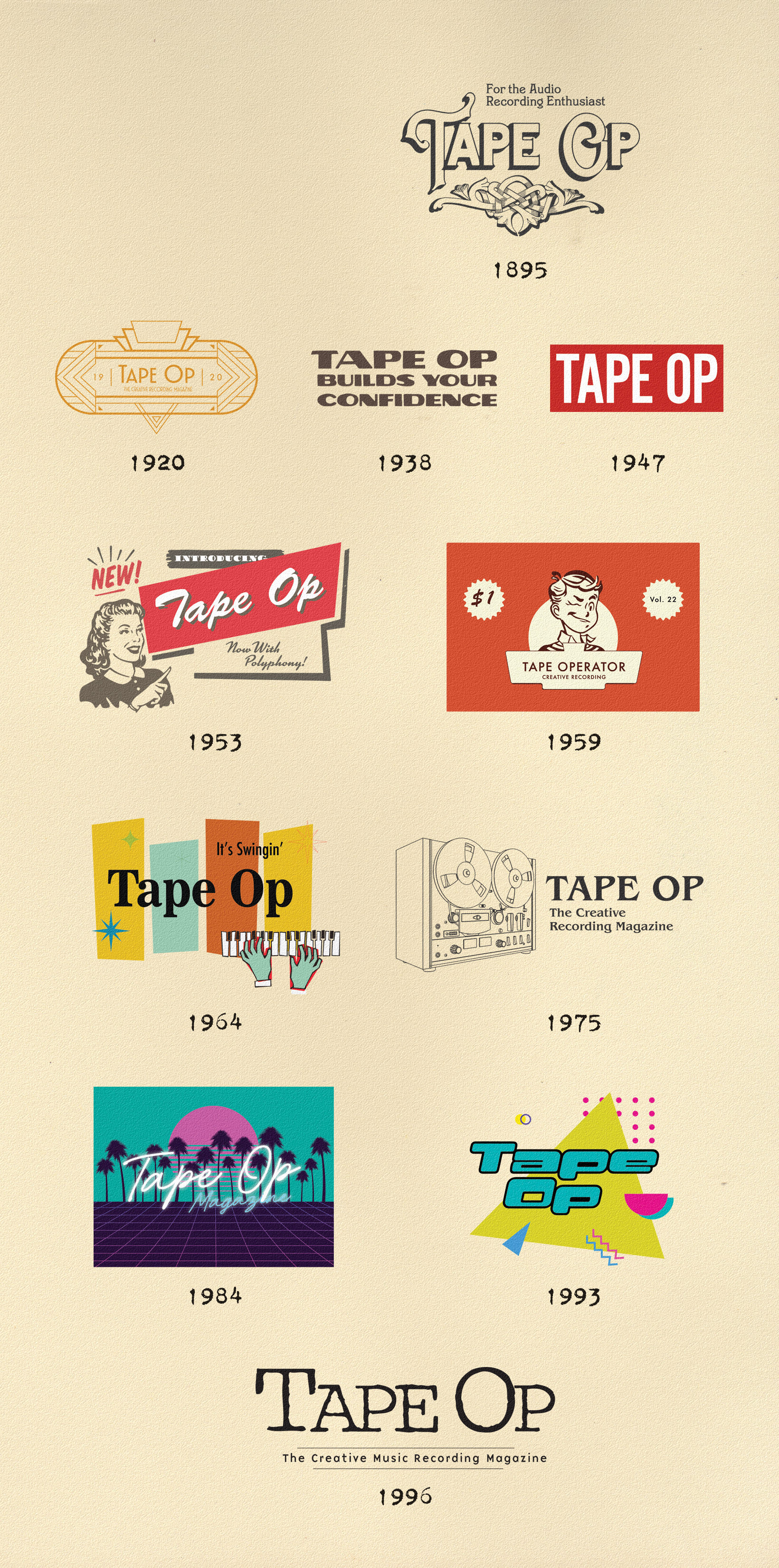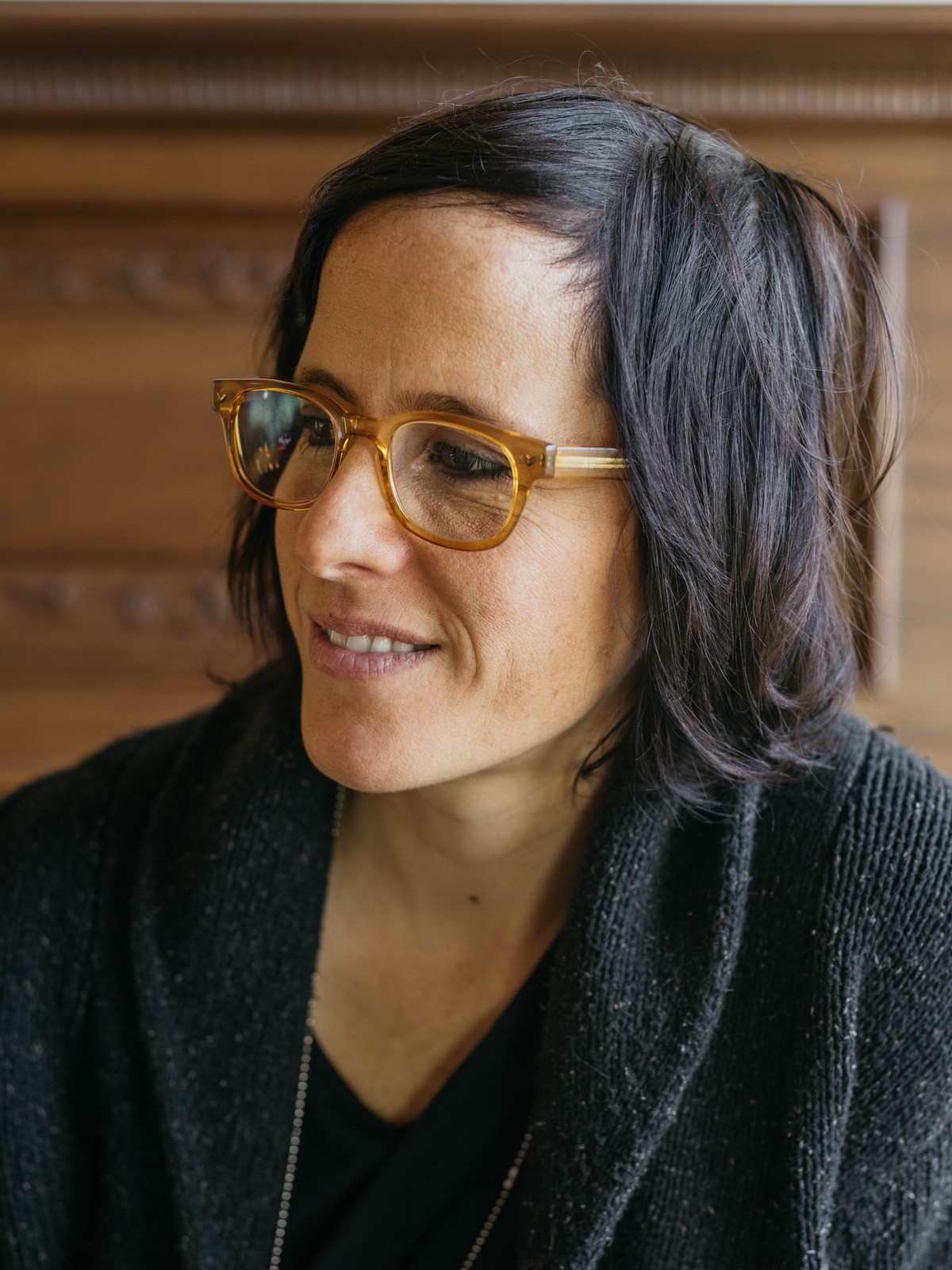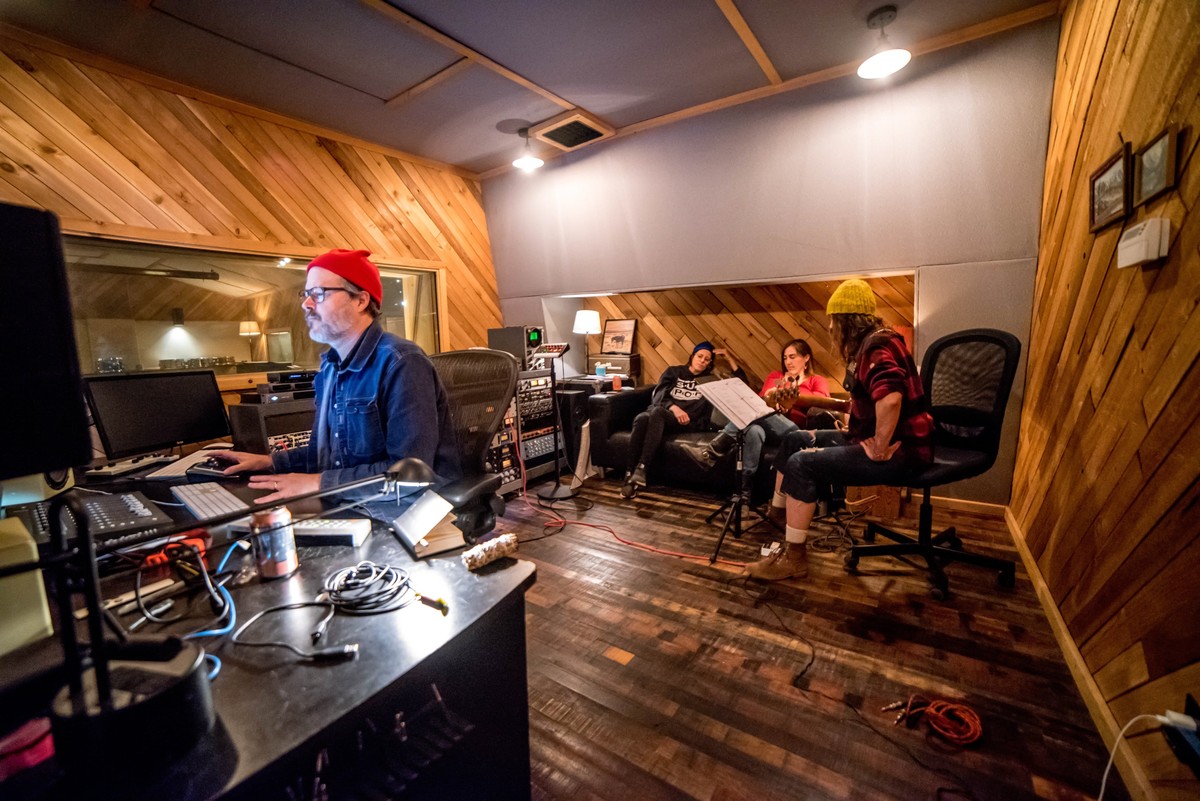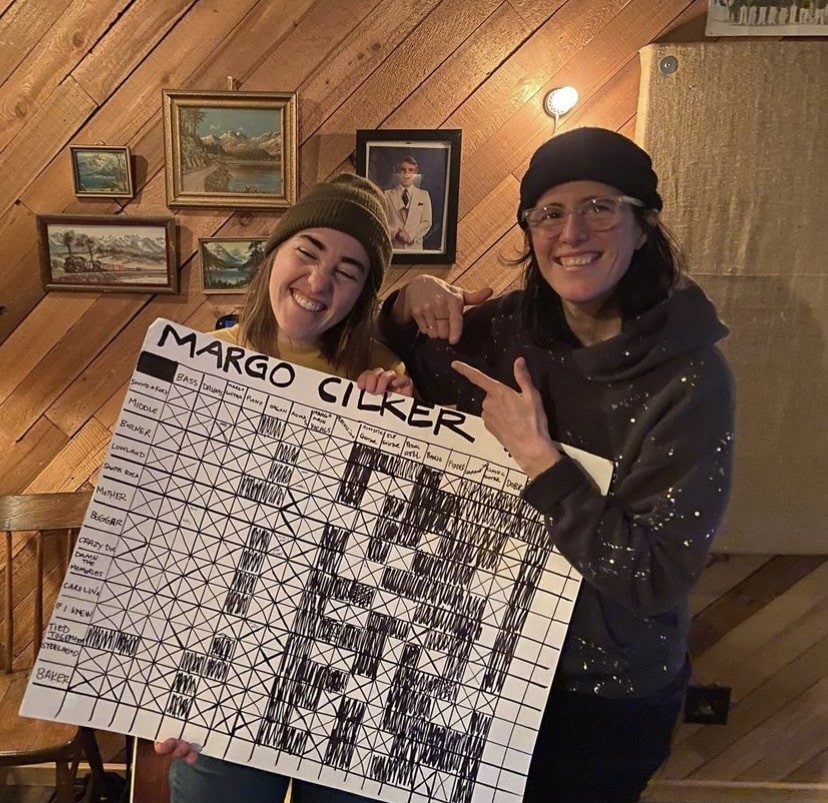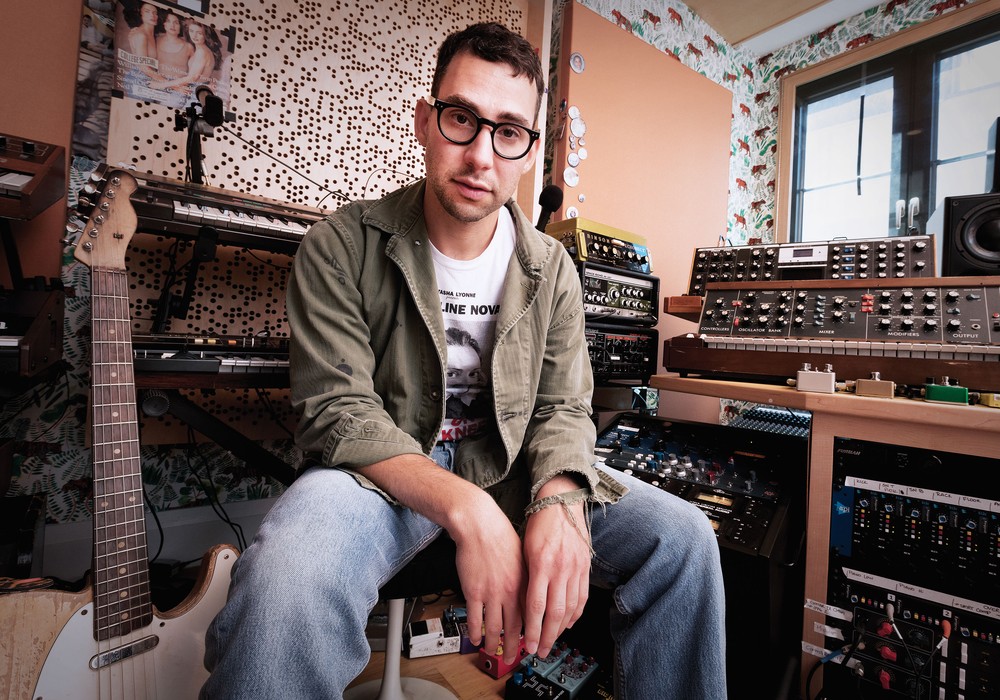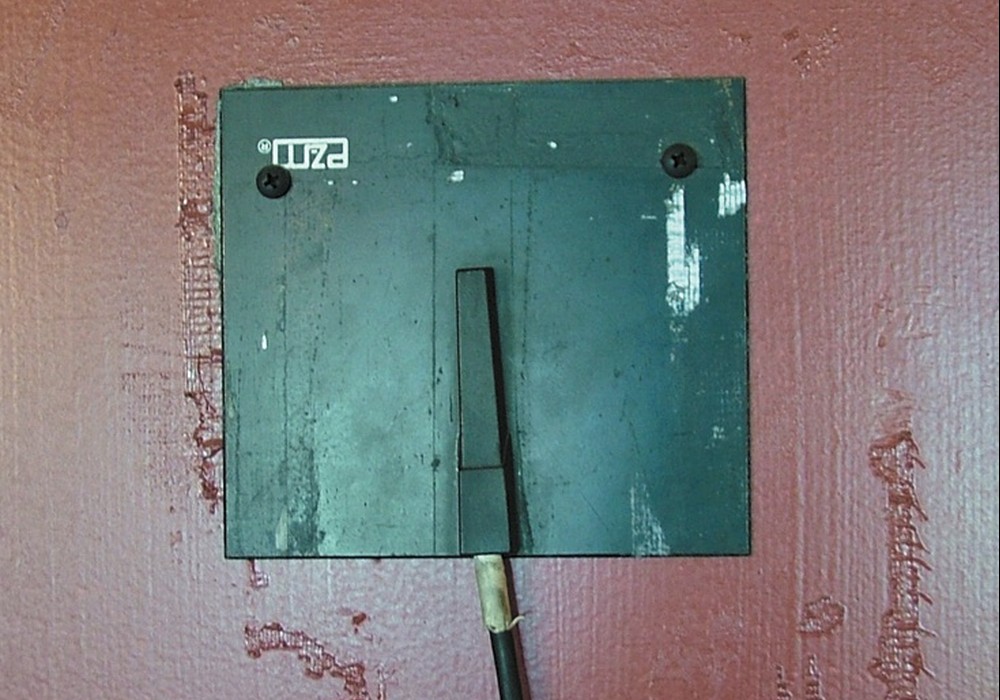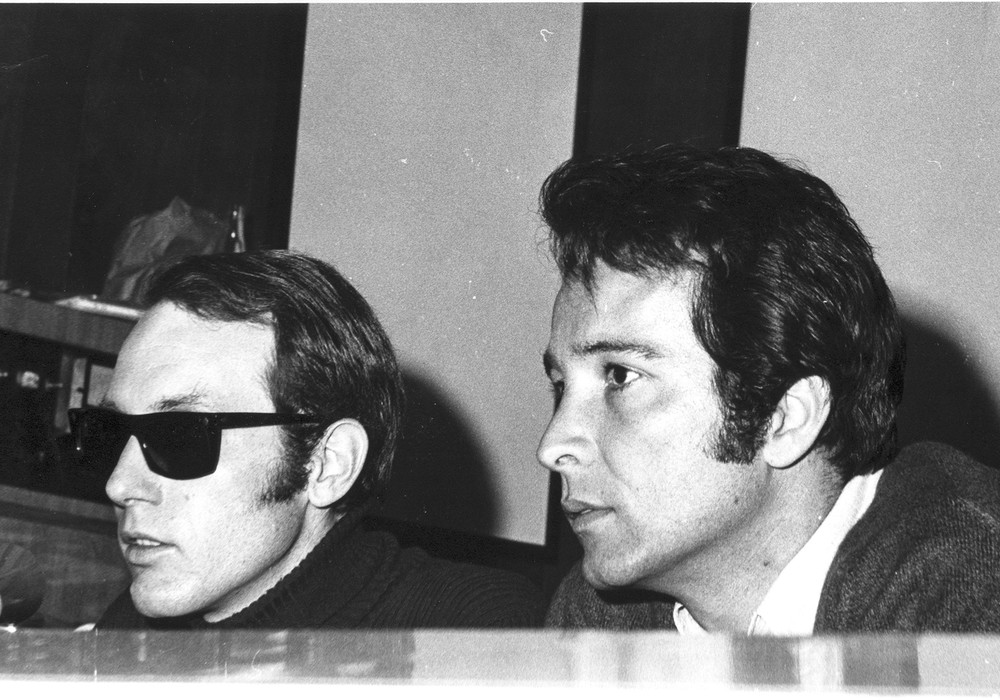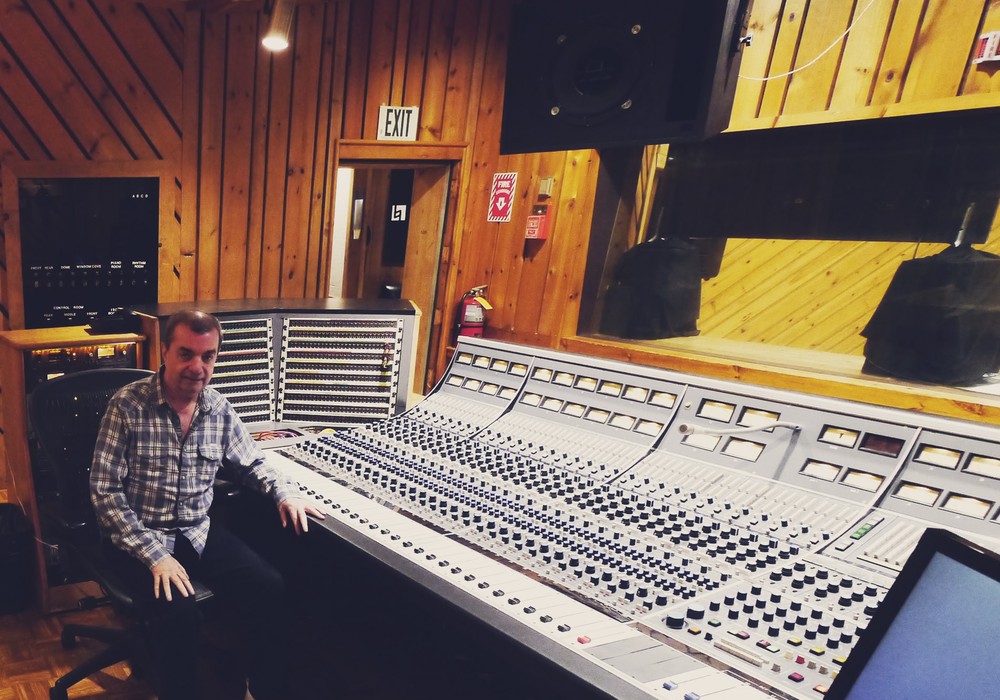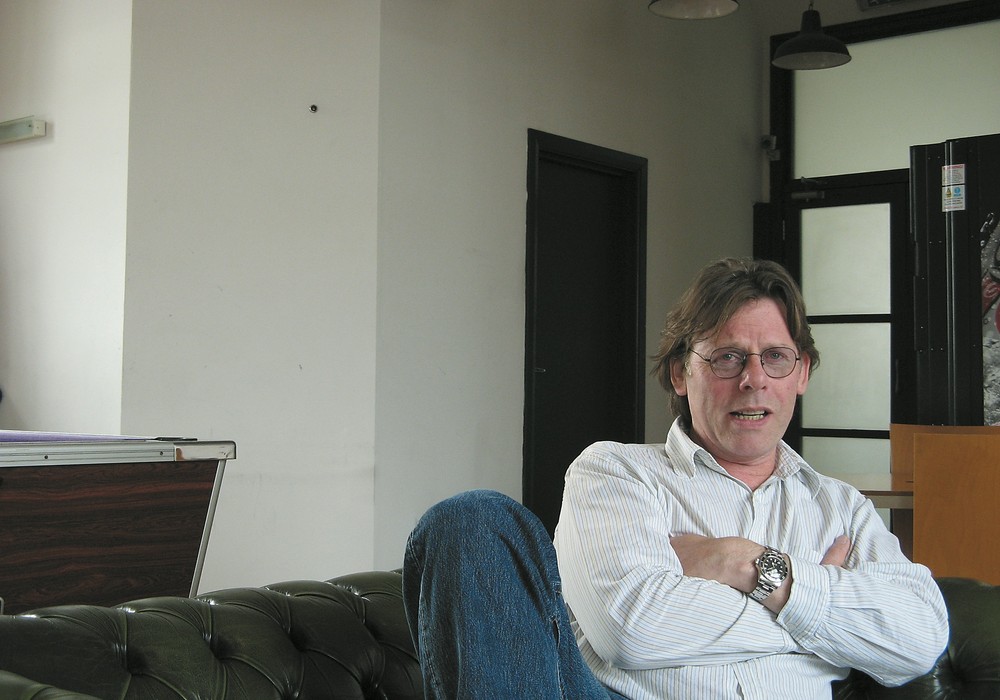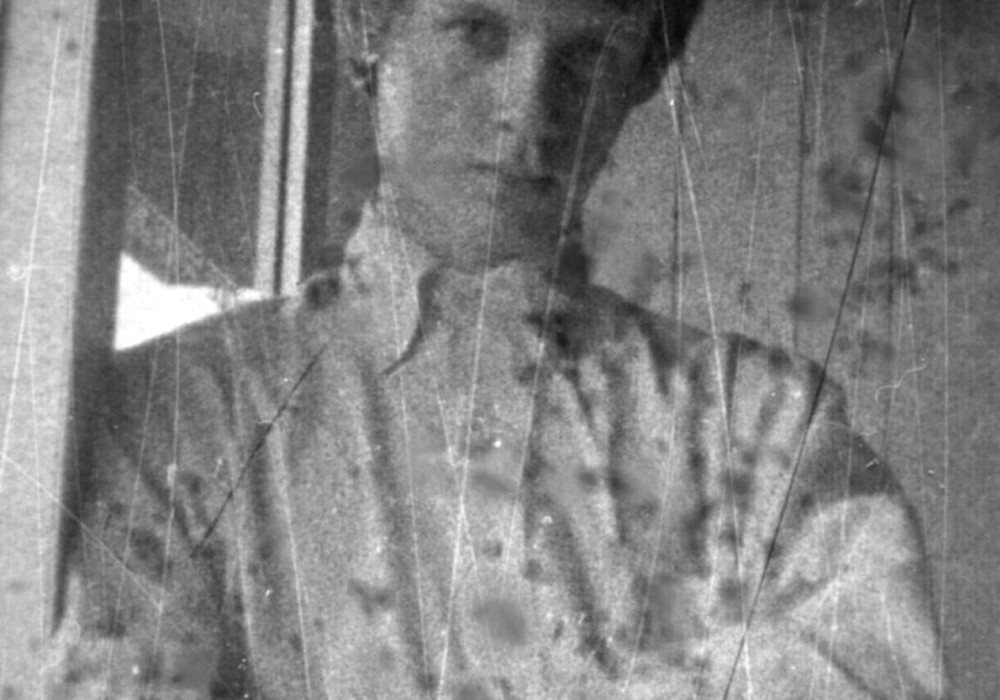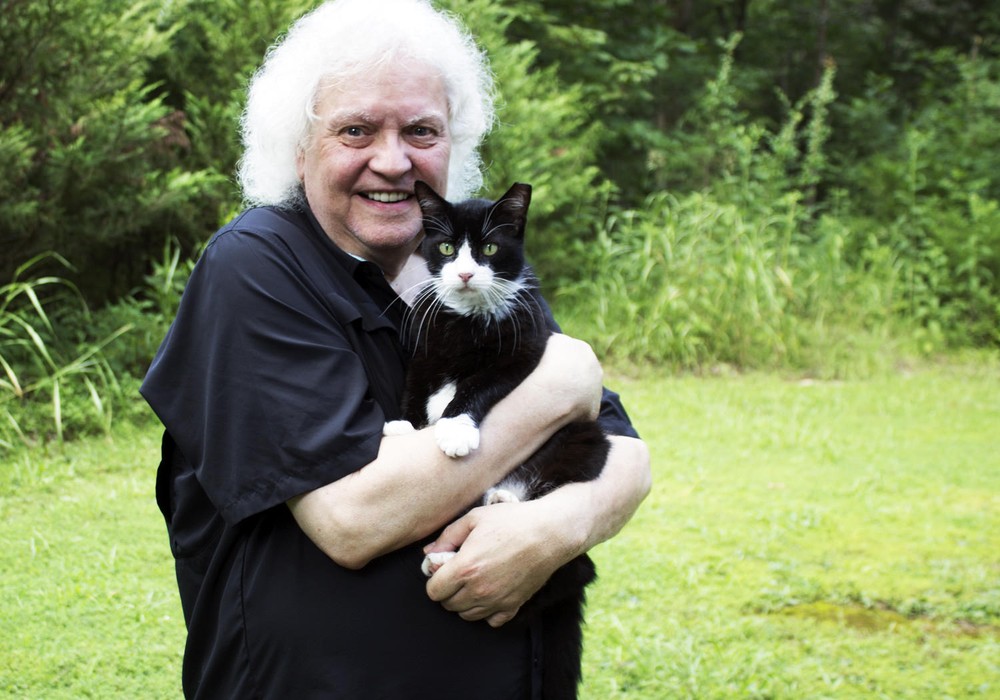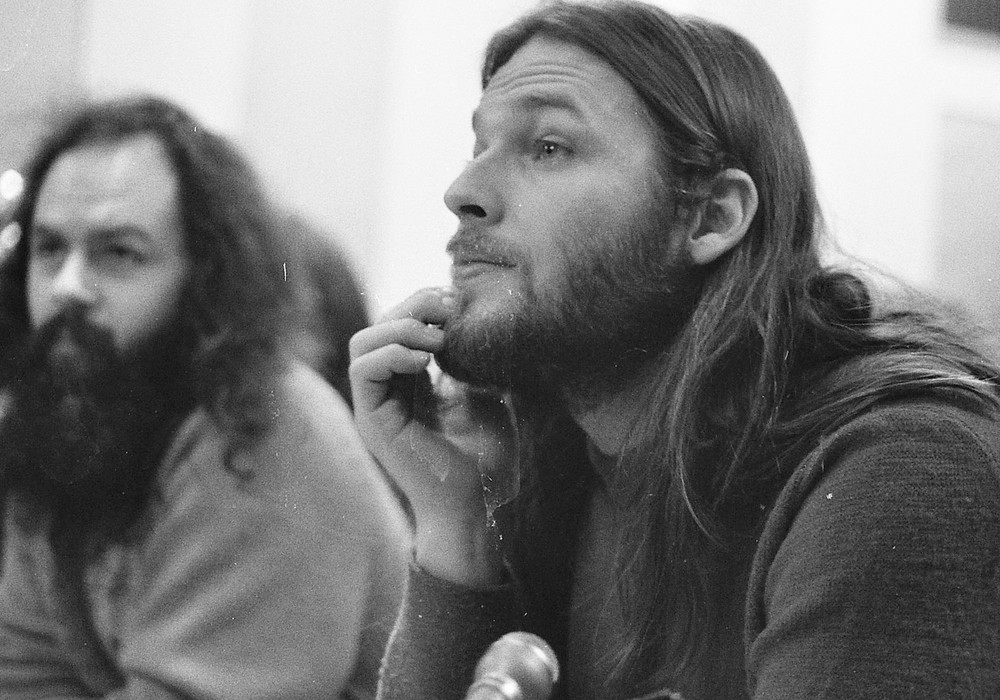You're a producer, an artist, and a drummer – it's an interesting career path.
Yeah, I started as a drummer, and it's kind of my main instrument. But I also get antsy and want to do other things. I'm taking a drawing class starting next week, and I'm very excited. I'm terrible at drawing.
You'll get better! [laughter]
I hope so.
The most important thing I learned in art classes was to stop assuming what you think you're seeing, but rather to examine what you're really looking at and how it appears in that moment.
Yeah. I'm excited.
Whenever we bring outside influences like that into our lives, it enriches everything we do.
I always doodle, and I will draw when I'm on the phone. It's terrible, but it's fun. I'm excited to be able to use a different part of my brain and look at things differently, which I know will help with songwriting and music. I've always wanted to do this, but I was either on tour or busy, so it was hard to commit to even eight weeks.
Your last main record, From Where I Started, was co-produced with my pal, John Morgan Askew (see John interview here).
I love John. We have so much fun together.
How did you two meet?
I think one of the Blitzen Trapper guys said, "You need to work with John. He's really good with female vocals." He came to one of my shows when I played in Portland, and we hit it off. Then I went down to his house, because he had all of his studio gear at his house at the time. I really liked his vibe.
Did that make John an obvious choice to engineer and mix Margo Cilker's first record, Pohorylle?
Yeah. I've pretty much always produced my own music. I have a microphone at my house, and I can get this done. I'm terrible at Pro Tools, but I can make it work. I get frustrated, but I can get the core of what I need and bring it to the band. My friend, Bart Budwig, is a musician, and he's on Fluff and Gravy Records as well. [The label Margo Cilker's also on. -Ed.] I had met him a long time ago in Idaho when we were both playing a show. He's hilarious. Before I knew who Margo was, he texted me and said, "My friend, Margo Cilker (see Margo interview here), wants you to produce her record." I was like, "What?" I had never done that for other people. I know how it works, and I have confidence in that. Taking on someone else's songs was a new experience for me. She was living in Enterprise, Oregon, at the time, and I said, "Send me some demos." She sent me some demos and we got on the phone. It was something about her energy where I was like, "Oh, I get this girl." We have a similar awkwardness, and we don't take ourselves too seriously, but we are very serious. We kept talking on the phone, and I started really listening to her demos. I thought to myself, "Oh, I totally know exactly what to do here." She said, "I want you to play drums." I was trying to figure it out, "How am I going to make this work?" To be able to take the song, put the drums on, and make sense in my brain of how this was going to work. We finally figured it out: I got my friend, Rebecca Young, an amazing bass player, to play on this. Margo came up here, and that's how we started it. I thought, "If we can get John on board, I know it's going to be amazing. If we have a good idea before we get into the studio, so we don't waste a bunch of time, we're going to nail this." John said yes, and we finally set studio time. Margo came up here months before we...
